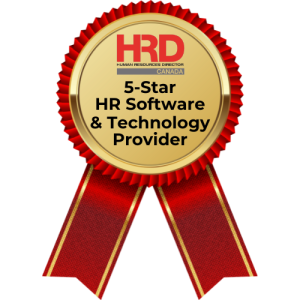The benefits of an HRIS system
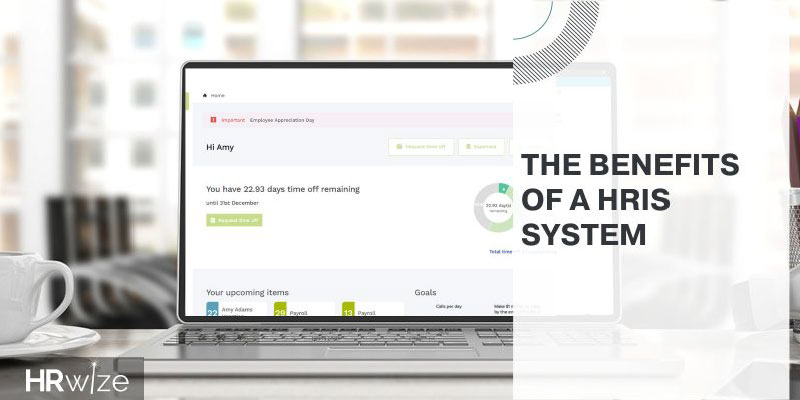
Organizations today face increasing complexity regarding managing their employees. The 21st-century workforce is varied and diverse, with teams including full-time staff, temporary contractors, casual employees, full-time remote employees, and more.
Employees have more opportunities to work for a wide range of companies, which gives them more freedom but puts additional pressure on management to retain the most productive team members.
To benefit from continuous technology advancements, companies embrace human resource information systems (HRIS) to provide flexibility and efficiency in managing their human resources.
An HRIS system is invaluable for companies looking to maximize their human capital.
Here are 5 benefits of an HRIS system:
-
Helps in recruiting by reducing time spent on resume review and increasing the chances of finding the right candidate by eliminating bias from the process.
A good system will allow companies to analyze their data to make better decisions. For example, if there are many applicants for a position but only a few are needed, HRIS could help identify which applicants have the best chance of success in that role.
This would allow HR to focus resources on the potential applicants rather than wasting time interviewing others who do not fit the job description.
-
Facilitates the creation of a library of competencies
An HRIS system ensures that your organization has a comprehensive library of role-based competencies measured against employees. You get to evaluate your employees using diagrams that make it easy to notice the gaps between your required competencies and the actual competencies of your employees.
-
Increases accuracy and productivity.
When you have a unified system that streamlines everything, your employees will have fewer opportunities to make mistakes on the job, which translates into greater accuracy.
At the same time, you can take advantage of an applicant tracking system (ATS) to cut down on your hiring time and help streamline finding your ideal employee. You’ll also use the ATS to find your perfect candidate before the competition, making it easier to fill positions quickly. With the hiring time cut in half, you’ll see improved productivity and an overall boost for your business.
-
Helps in the centralization of HR data
When you use an HRIS, you can centralize all your HR data in one location. Instead of keeping track of important records in multiple locations, you have to look in one place for all of the information you need. You can also pull reports from this database to make informed decisions based on accurate and complete data.
-
An HRIS facilitates employee self-service
HRIS systems are great for facilitating employee self-service. Basically, with an HRIS system, your employees can do everything they need and want to do without you needing to do it for them. For example, your employees can book time off with a few clicks, record timesheets, and even change their personal information.
Conclusion
HR can be chaotic and expensive, especially if you don’t have the right software. The absence of a centralised system hampers productivity and efficiency and makes it harder to see precise data on which employees are over-performing or under-performing.
In today’s highly competitive job market, retaining key talent is a challenge and keeping employees engaged, motivated and productive through the corporate maze is easier said than done.
HRWize’s cloud-based HR management solution will alleviate your day-to-day headaches by automating and simplifying your essential HR functions, including employees’ self-service, reporting, performance, applicant tracking, timesheets and expenses.
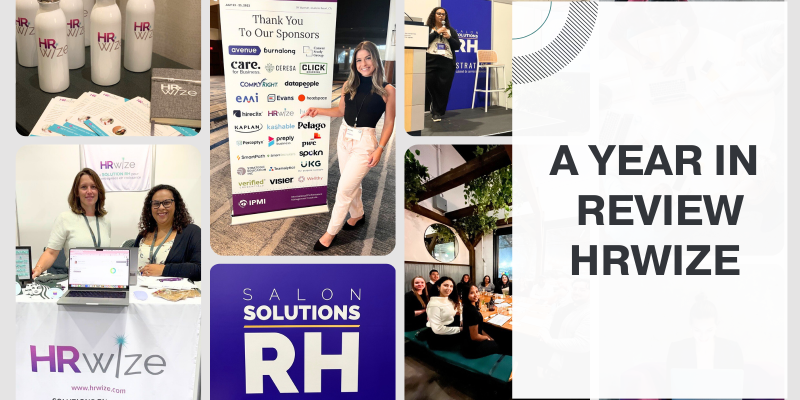 A Year in ReviewBy Briana Della Foresta
A Year in ReviewBy Briana Della Foresta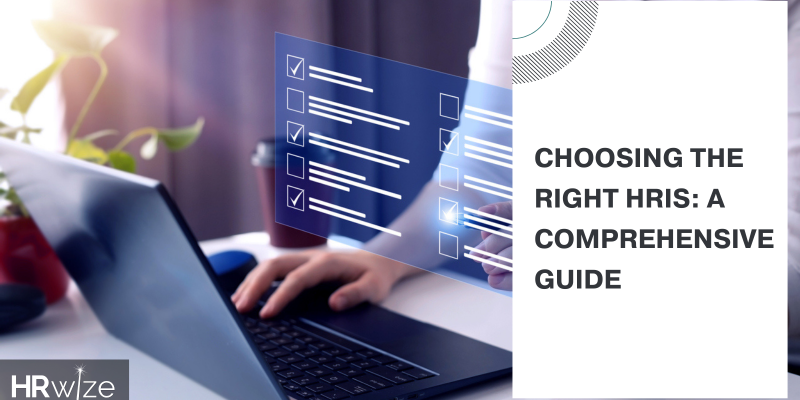 Choosing the Right HRIS: A Comprehensive GuideBy Briana Della Foresta
Choosing the Right HRIS: A Comprehensive GuideBy Briana Della Foresta The Impact of Vacation Time on Employee Creativity and InnovationBy Briana Della Foresta
The Impact of Vacation Time on Employee Creativity and InnovationBy Briana Della Foresta The Importance of Employee Vacations for Work-Life Balance By Briana Della Foresta
The Importance of Employee Vacations for Work-Life Balance By Briana Della Foresta Creating a Vacation-Friendly Company CultureBy Briana Della Foresta
Creating a Vacation-Friendly Company CultureBy Briana Della Foresta Strategies for Coping with Working Mom GuiltBy Briana Della Foresta
Strategies for Coping with Working Mom GuiltBy Briana Della Foresta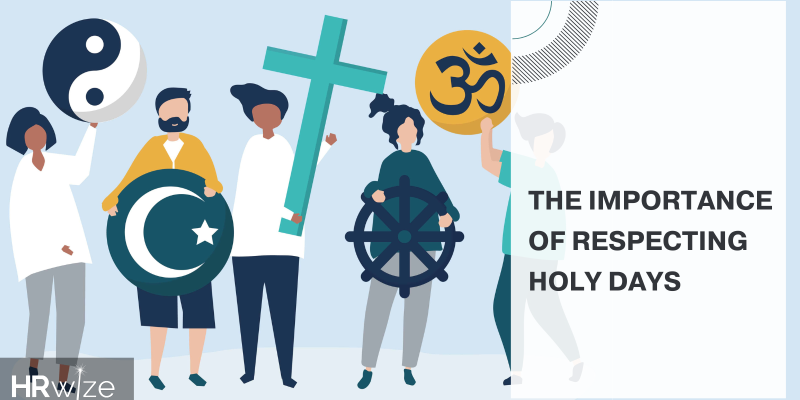 The Importance of Respecting Holy DaysBy Briana Della Foresta
The Importance of Respecting Holy DaysBy Briana Della Foresta What HR Should Know About Candidate Experience?By Briana Della Foresta
What HR Should Know About Candidate Experience?By Briana Della Foresta Do What You Love or Love What You Do?By HRWize
Do What You Love or Love What You Do?By HRWize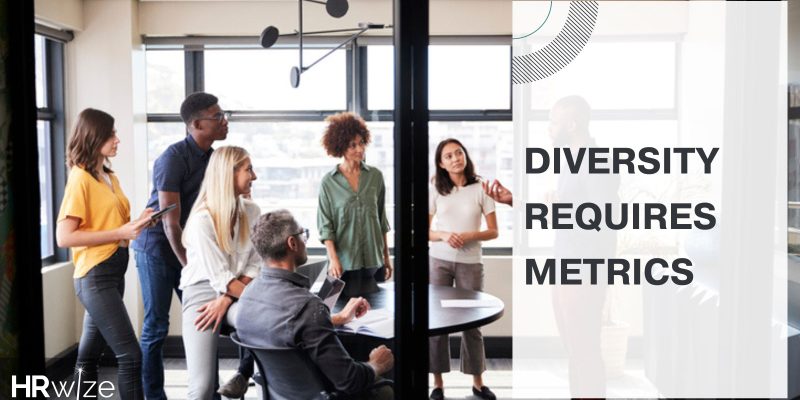 Diversity Requires MetricsBy Briana Della Foresta
Diversity Requires MetricsBy Briana Della Foresta

